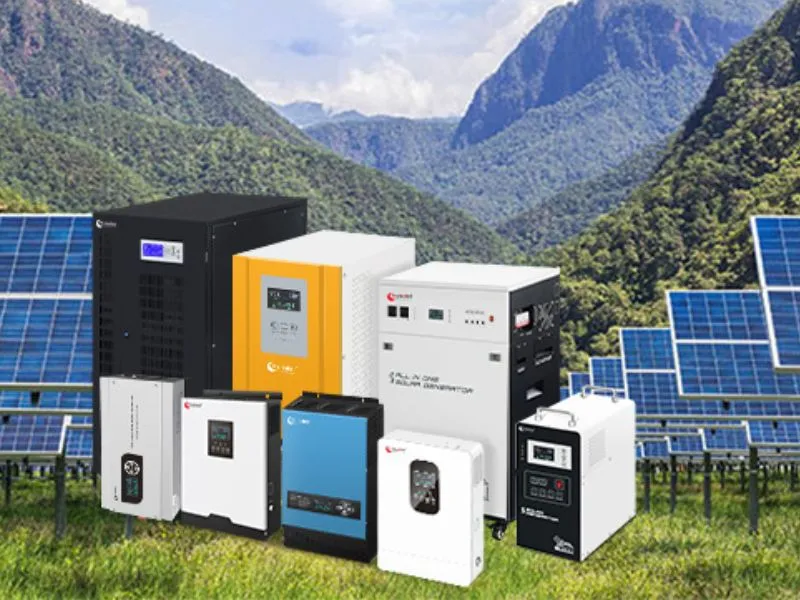Introduction:
When it comes to selecting a solar inverter for your home’s solar energy system, understanding the specifications and key considerations is essential. The inverter plays a crucial role in converting the direct current (DC) produced by solar panels into usable alternating current (AC). In this blog post, we will explore the important specifications of solar inverters to help you make an informed decision that maximizes the performance and efficiency of your solar system.
Section 1: Types of Solar Inverters: String Inverters, Microinverters, and Power Optimizers
Understanding the different types of solar inverters available in the market is the first step in choosing the right one for your home. We’ll explore the features, benefits, and suitability of string inverters, microinverters, and power optimizers.
Section 2: Power Output and Efficiency: Selecting the Right Capacity for Your Solar System
The power output of an inverter determines its capacity to handle the electricity generated by your solar panels. We’ll discuss how to calculate the power requirements based on your energy consumption and solar panel capacity. Additionally, we’ll explore the significance of inverter efficiency and how it impacts the overall energy production of your system.
Section 3: Monitoring and Communication Features: Stay Informed about Your Solar System’s Performance
Modern inverters come with advanced monitoring and communication features that provide real-time insights into your solar system’s performance. We’ll discuss the importance of monitoring capabilities, including data on energy production, consumption, and system health. We’ll also explore the convenience of remote monitoring through mobile apps and online platforms.
Section 4: Durability and Warranty: Ensuring Long-Term Reliability
The durability of your solar inverter is crucial for the longevity and performance of your system. We’ll discuss the importance of selecting an inverter with high-quality construction, weatherproofing, and protection against environmental factors. Additionally, we’ll explore the significance of a comprehensive warranty that safeguards your investment.
Section 5: Compatibility with Battery Storage: Future-Proofing Your Solar System
If you have plans to incorporate battery storage into your solar system, selecting an inverter that is compatible with battery technology is essential. We’ll discuss the benefits of integrating battery storage, including energy management and maximizing self-consumption. Understanding the compatibility requirements will help you prepare for future expansion.
Conclusion:
Choosing the right solar inverter involves considering specifications such as inverter type, power output, efficiency, monitoring features, durability, warranty, and compatibility with battery storage. By understanding these factors and consulting with a professional solar installer, you can make an informed decision that ensures optimal performance and efficiency for your home’s solar energy system.

